Abstract
Quantum comb is an essential tool for characterizing complex quantum protocols in quantum information processing. In this work, we introduce PQComb, a framework leveraging parameterized quantum circuits to explore the capabilities of quantum combs for general quantum process transformation tasks and beyond. By optimizing PQComb for time-reversal simulations of unknown unitary evolutions, we develop a simpler protocol for unknown qubit unitary inversion that reduces the ancilla qubit overhead from 6 to 3 compared to the existing method in [Yoshida, Soeda, Murao, PRL 131, 120602, 2023]. This demonstrates the utility of quantum comb structures and showcases PQComb’s potential for solving complex quantum tasks. Our results pave the way for broader PQComb applications in quantum computing and quantum information, emphasizing its versatility for tackling diverse problems in quantum machine learning.
Publication
arXiv:2403.03761
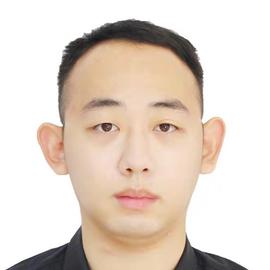
Research Associate
I obtained my BS in Fundamental Science in Physics and Mathematics from Tsinghua University. I obtained my PhD degree in Computer Science from the University of Hong Kong. My research interests include quantum information theory, quantum supermaps and quantum machine learning.
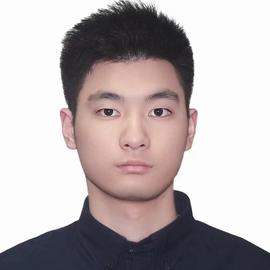
PhD Student
I obtained my BMath in AMath, CO & joint PMath from the University of Waterloo. My research interests include quantum information theory and quantum machine learning.
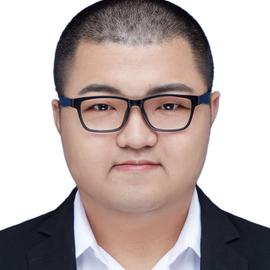
Research Associate
I obtained my BS in Mathematics and Applied Mathematics from University of Science and Technology of China. I obtained my PhD degree in Applied Mathematics from University of Chinese Academy of Sciences under the supervision of Prof. Xiao-Shan Gao. My research interests include quantum computing, symbolic computation and cryptanalysis.

Research Assistant
I obtained my BS in Electronics at Shandong University, China. Then I obtained my MS degree in Optics and Photonics from Karlsruhe Institute of Technology in Germany and finished my master’s thesis at ICFO in Spain. My research interests include quantum computation, quantum information and quantum many-body physics.
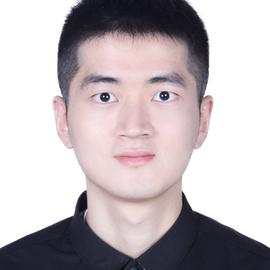
Research Assistant
I obtained my B.E. in Information Engineering from South China University of Technology. My research interests include quantum information theory and quantum computation.
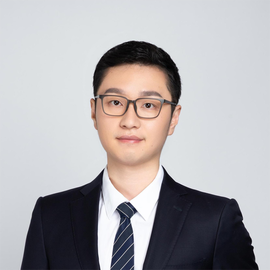
Associate Professor
Prof. Xin Wang founded the QuAIR lab at HKUST(Guangzhou) in June 2023. His research primarily focuses on better understanding the limits of information processing with quantum systems and the power of quantum artificial intelligence. Prior to establishing the QuAIR lab, Prof. Wang was a Staff Researcher at the Institute for Quantum Computing at Baidu Research, where he concentrated on quantum computing research and the development of the Baidu Quantum Platform. Notably, he spearheaded the development of Paddle Quantum, a Python library designed for quantum machine learning. From 2018 to 2019, Prof. Wang held the position of Hartree Postdoctoral Fellow at the Joint Center for Quantum Information and Computer Science (QuICS) at the University of Maryland, College Park. He earned his doctorate in quantum information from the University of Technology Sydney in 2018, under the guidance of Prof. Runyao Duan and Prof. Andreas Winter. In 2014, Prof. Wang obtained his B.S. in mathematics (with Wu Yuzhang Honor) from Sichuan University.
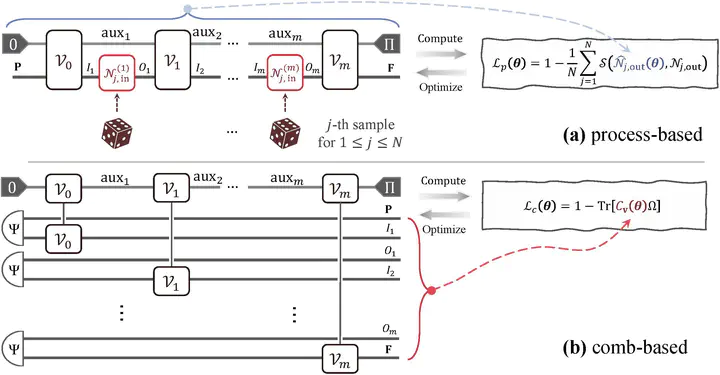 Training formalism for the parameterized quantum comb framework.
Training formalism for the parameterized quantum comb framework.